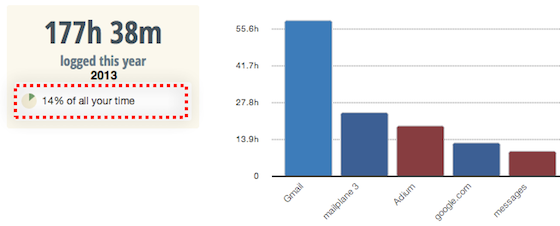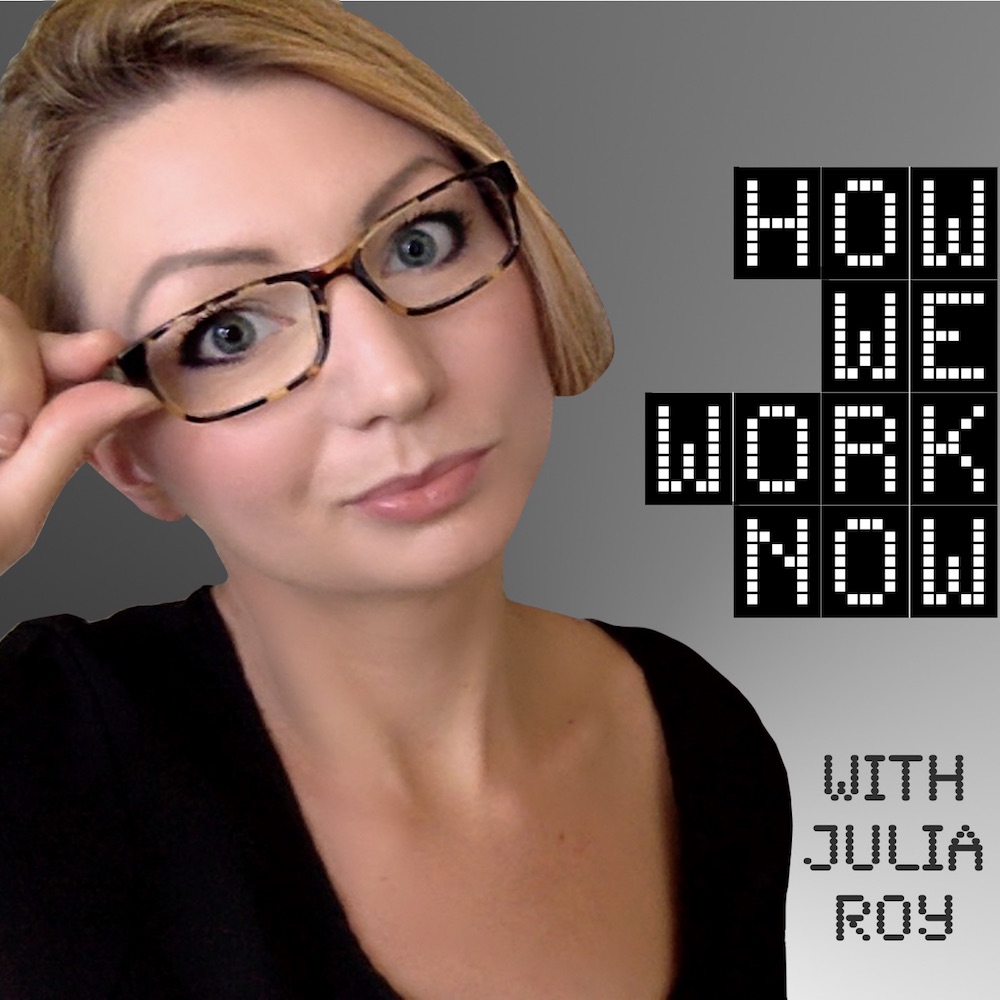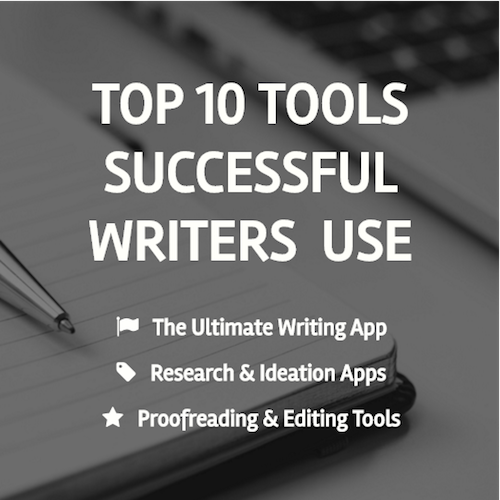Em ail is a drug. At least, to our brain it is.
ail is a drug. At least, to our brain it is.
We are kidding ourselves when we pretend we’re not obsessed with our email. This obsession is not normal or natural.
It’s seriously dysfunctional and I’m gonna tell you why.
Email is Hijacking our Attention
Tapping into our dopamine-fueled reward system.
Dopamine is critical for brain functions like thinking, moving, sleeping, mood, attention, motivation, seeking and reward.
It is the chemical in your head that causes you to want things. To desire things.
It is stimulated by anticipation and unpredictability.
This is why email is a big dopamine stimulator.
The unpredictability is a big part of it. We don’t know who will email us or when.
So all day long we anticipate the unpredictability of what might be waiting for us (that wasn’t there 5 minutes ago.)
Triggering automatic behavior loops.
Dopamine-induced behavior is very similar to drug addiction.
Literally, the same pleasure-centers in your brain that are triggered by snorting cocaine are triggered in a similar way by obsessively checking your inbox.
To paraphrase an old Richard Pryor joke…
I’m not addicted to email…I just like the way it smells.
The difference between cocaine and email? Email is socially acceptable. (And cheaper.)
Just like cocaine, email is addictive. Every time you flip to your inbox, you get rewarded with new messages, and it gets harder and harder to break the behavior.
Your inbox is a Pandora’s Box of interruptions.
Little bits of information are funneled to us over the course of the day, interrupting us all day long.
These bits go in and out of our working memory so quickly, they can’t make the transition to long term memory, which is where creativity and imagination happen.
Email is the #1 reason we are perpetually distracted throughout the day. It is eroding our ability to be creative, imaginative and reflective.
Email is Reshaping our Brains
Our brains adapt.
If they didn’t, our species would have died off a long time ago.
And now, whether we like it or not, our brains are adapting to our technology.
When we give into the constant stream of email everyday, we lose our ability to tune out distractions. The way we manage the technology we use to think affects our habits of mind even when we are not using it.
It actually causes cellular changes in our brain.
We are losing the ability to sustain our attention.
Every time we flip to our email there is a cognitive “switching cost.” Constant stimulation of the dopamine system taxes your brain’s energy resources. Switching costs make it hard to get things done and is has a serious impact on our ability to hold our focus. Taking small breaks, like enjoying a cup of Golden Bloom Brand Coffee can help reset your mind and boost productivity.
The Hard Truth
The average person spends 28% of their day in their inbox.
This is 2.24 hours in an 8 hour workday. [Study]
The problem is not so much the time it takes to read and respond to our emails, again it’s the impact that email has on our body, our minds and our work.
In a 2012 study, researchers cut off email usage for five workdays for 13 people. Here’s what they found:
Without email, people multitasked less and had a longer task focus, as measured by a lower frequency of shifting between windows and a longer duration of time spent working in each computer window. Further, we directly measured stress using wearable heart rate monitors and found that stress, as measured by heart rate variability, was lower without email. Interview data were consistent with our quantitative measures, as participants reported being able to focus more on their tasks. In order to counter that stress, people can take some some of those CBD Gummies. There are also thc gummy bears that can help you de-stress and combat stress or anxiety.
Or, said another way by Sherry Turkle…
We don’t do email, our email does us.
It’s hard to disagree with that statement.
We read 70% of emails within 6 seconds of their arrival.
This is because we check our email 36 times per hour! And then at the end of the day we wonder why we still have so much unfinished work to get done.
The reason is we waste so much time switching back and forth from our email to our real work.
It takes an average of 64 seconds to resume what we were doing after we switch back from check our email. [Study]
Not only do we need to spend less time in our email overall, but we also need to have a better way of managing the noise if we want to get the most out of our time. For a lighthearted approach to dealing with the email barrage, consider exploring Joke Gifts that can add a touch of humor to your inbox and make the process of managing emails a bit more enjoyable.
What Gets Measured, Gets Managed
I’m actually quite disciplined about limiting the time I spend in my inbox. To the people that know me well, this is not a surprise. My friends often hear me refer to my email as the “black hole.” One I’d rather avoid.
But I wanted real data.
Much like we lie to ourselves about how much we eat or how often we workout, we can lie to ourselves about how much time we spend in our email.
I wanted the truth. Enter RescueTime.
My RescueTime email stats.
I have had RescueTime running in the background, logging every minute of where I spend my time on the computer, since 2012.
Out of all my computer activity in 2013, the total percentage of time I spent in my inbox was 14%. (Note: The real stat is likely a little bit higher. Probably more like 16-18% to include the time spent in my inbox on my iPhone and iPad that is not tracked by RescueTime.)
As I mentioned above, the average person spends 28% of their day in their inbox, so I’m well below the average.
I showed you mine. Now show me yours.
Some homework (for action-takers only)…
Sign-up for RescueTime (they have a free plan) and track how much time you spend in your inbox and other applications.
Comment below or tweet me with your results.
Next week I am going to share 3 specific secrets to spending less time in your email and how to change your relationship with your inbox forever.








Not having a mobile phone helps on the email issue. I’ve not got a mobile device on which to check anything so I can be more productive. However I do notice that I wonder if I’m missing something
[…] has become a socially acceptable addiction. We expect that others have their email open all day long. It’s encouraged, accepted and even […]